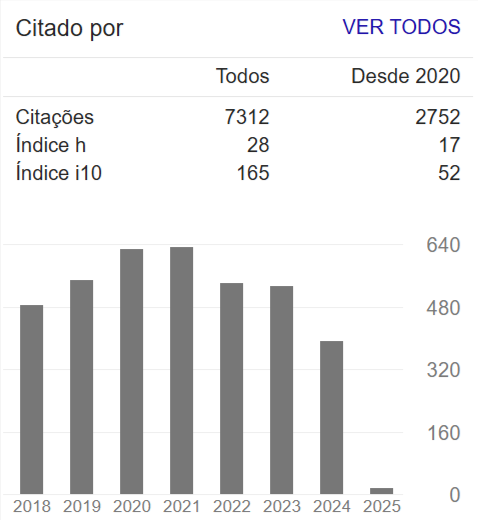Long-term groundwater investigation on a large refinery site in Northeast Germany: Evaluating Natural Attenuation
Resumo
At the PCK refinery site in the Northeast of Germany mineral oil processing has
resulted in a large-scale contamination of the shallow aquifer with aliphatic petroleum
hydrocarbons (TPH) and with aromatic compounds (BTEX) and the fuel oxygenate
methyl tert.-butyl ether.
On a local scale the aquifer is contaminated with nitrate and ammonia stemming from a
fertilizer production facility on site. To prevent contaminants from being transport off
site with the groundwater a hydraulic containment system is in operation already since
the early 1970ies. Systematic groundwater monitoring was implemented at the same
time. After the reunion of both German states the groundwater investigation program
was intensified in 1994 on the site was installed one of the Ecological Large-Scale
Projects which were installed in the former GDR to appropriately handle the most
heavily contaminated large industrial sites. The long-term groundwater investigation ist
still carried out today.
The largest national collaborative research programme on monitored natural attenuation
in Germany, KORA, included the site as a reference for the development and testing of
innovative approaches to the investigation and evaluation of the contamination situation
and to the quantification and the stimulation of the natural attenuation potential. Some
of the methodological approaches are still used in the current groundwater monitoring.
Moreover, new conceptual approaches were included with regard to the groundwater
monitoring procedure and to the data evaluation. They are used for the continuous
optimization of the monitoring network and programme.
The groundwater monitoring basically aims to the following targets:
1. To perform a qualified monitoring to assess the contamination situation and the
effectiveness of current remediation and containment, as required by the competent
authorities.
2. To prove that natural attenuation processes are taking place as a prerequisite to the
economically favourable realization of an MNA-based remedial strategy, as
supported by the re-financing entities.
3. To provide PCK with monitoring results that can be used to develop source
remediation strategies for source reduction using enhanced natural attenuation
(ENA).

















